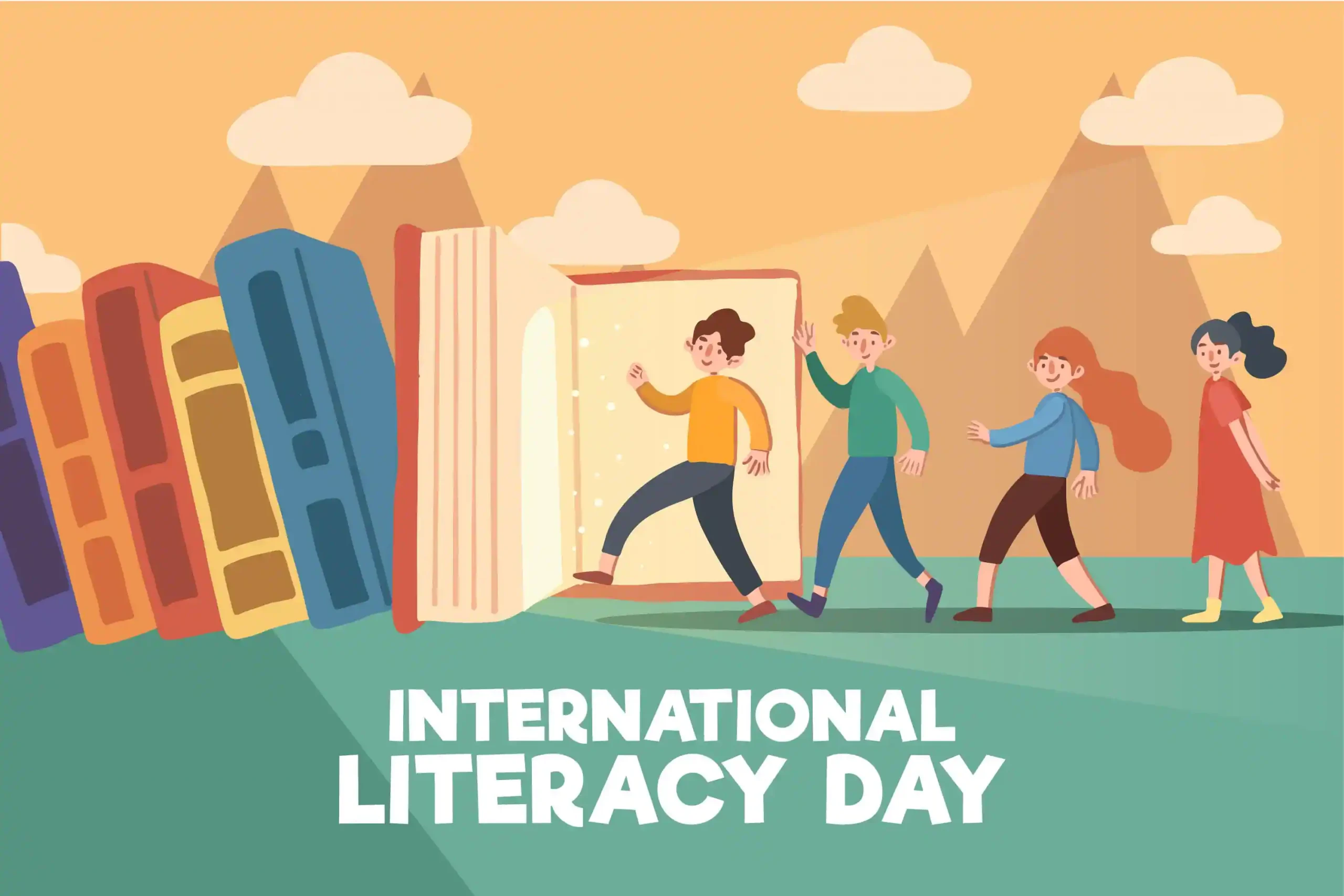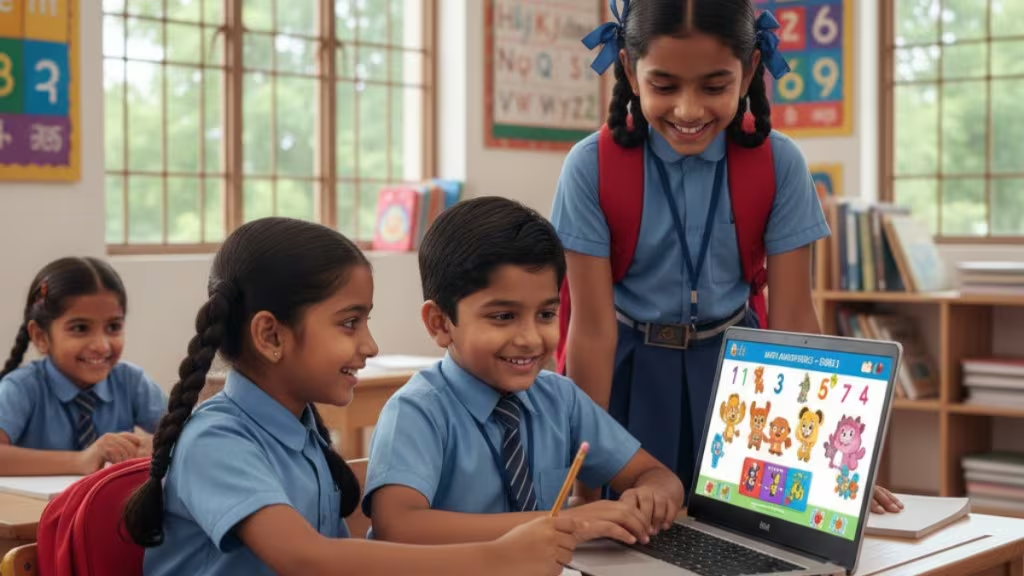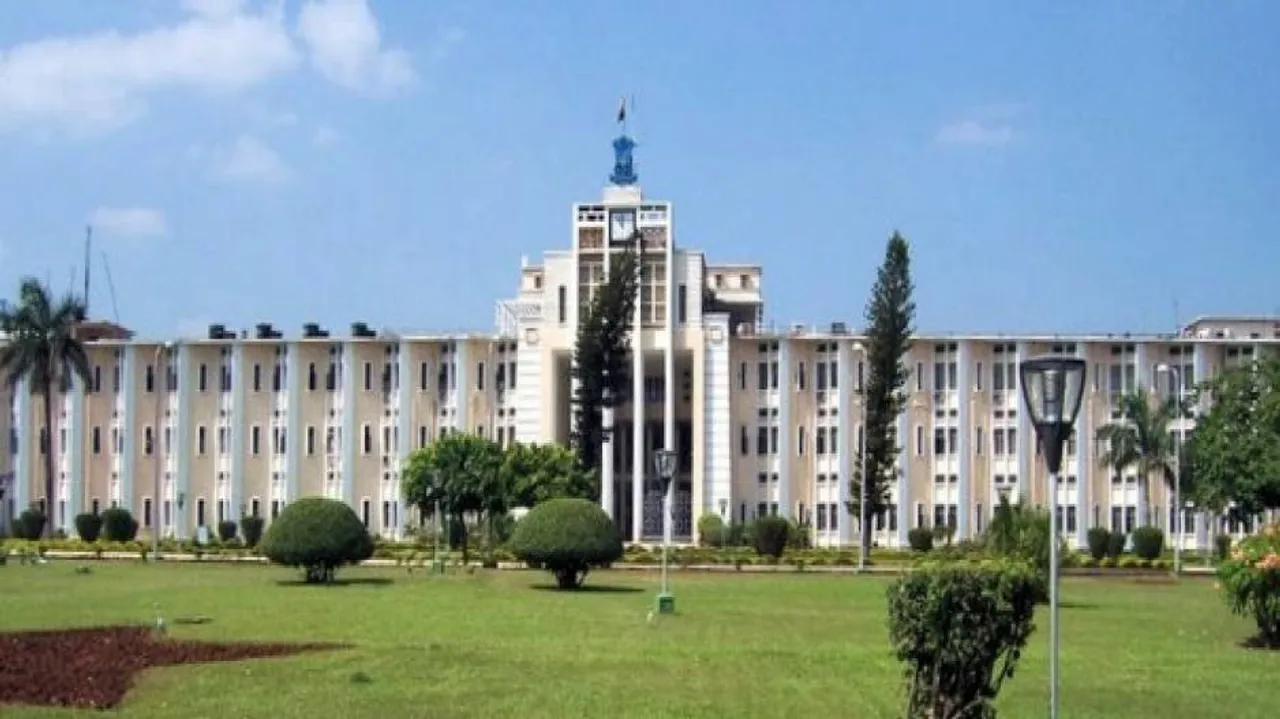September 8th marks International Literacy Day, a global celebration to promote literacy as a fundamental human right and a cornerstone of sustainable development. Established by UNESCO in 1966, this day highlights the importance of literacy in creating a more literate, just, peaceful, and sustainable society.
History of International Literacy Day
The concept of International Literacy Day was born out of the World Conference of Ministers of Education on the Eradication of Illiteracy, held in Tehran, Iran, in 1965. The conference served as a catalyst for UNESCO to proclaim September 8th as International Literacy Day, with the first celebration taking place in 1967. Since then, the day has been observed annually to raise awareness about the significance of literacy and promote efforts to eradicate illiteracy worldwide.
Theme for International Literacy Day 2025
The theme for International Literacy Day 2025 is “Promoting literacy in the digital era.” This theme emphasizes the importance of literacy in today’s digital age, where individuals need to navigate complex information environments, discern credible information, and engage with digital content safely and appropriately. The theme also highlights the role of literacy in fostering critical thinking, creativity, and innovation.
Significance of International Literacy Day
International Literacy Day is significant for several reasons:
– Promotion of Literacy: The day raises awareness about the importance of literacy and promotes efforts to eradicate illiteracy worldwide.
– Human Rights: Literacy is a fundamental human right, and this day highlights the need to ensure that everyone has access to quality education and literacy skills.
– Sustainable Development: Literacy is essential for achieving sustainable development, economic growth, and social well-being.
– Global Collaboration: The day fosters collaboration among governments, NGOs, educational institutions, and communities to work together in tackling illiteracy and promoting lifelong learning.
Benefits of Literacy
Literacy has numerous benefits for individuals, communities, and societies, including :
– Empowerment and Independence: Literacy enables individuals to make informed decisions about their lives, rights, and responsibilities.
– Economic Opportunities: Literacy is essential for achieving better academic and economic outcomes.
– Health and Well-being: Literacy plays a role in mental well-being and provides access to health information.
– Social Development: Literacy fosters creativity, innovation, and cultural preservation.
– Civic Participation: Literacy enables individuals to participate fully in society and engage in civic duties.
Challenges and Opportunities
Despite progress made in global literacy efforts, challenges persist:
– Illiteracy Rates: At least 739 million youth and adults worldwide still lack basic literacy skills.
– Digital Divide: The digital era presents both opportunities and challenges for literacy, with many individuals lacking access to digital literacy skills.
– Sustainable Development: Literacy is essential for achieving sustainable development, but many communities face barriers to accessing quality education.
Celebrating International Literacy Day
To celebrate International Literacy Day, individuals and organizations can:
– Organize Literacy Events: Host seminars, conferences, workshops, and awareness campaigns to promote literacy.
– Support Literacy Programs: Donate to organizations that support literacy programs and initiatives.
– Promote Reading: Encourage reading habits and provide access to books and educational resources.
– Advocate for Literacy: Raise awareness about the importance of literacy and advocate for policies that support literacy education.
In conclusion, International Literacy Day is a significant global celebration that highlights the importance of literacy in creating a more literate, just, peaceful, and sustainable society. By promoting literacy and advocating for quality education, we can empower individuals, build sustainable societies, and achieve a brighter future for all.
By – Debi Prasad










